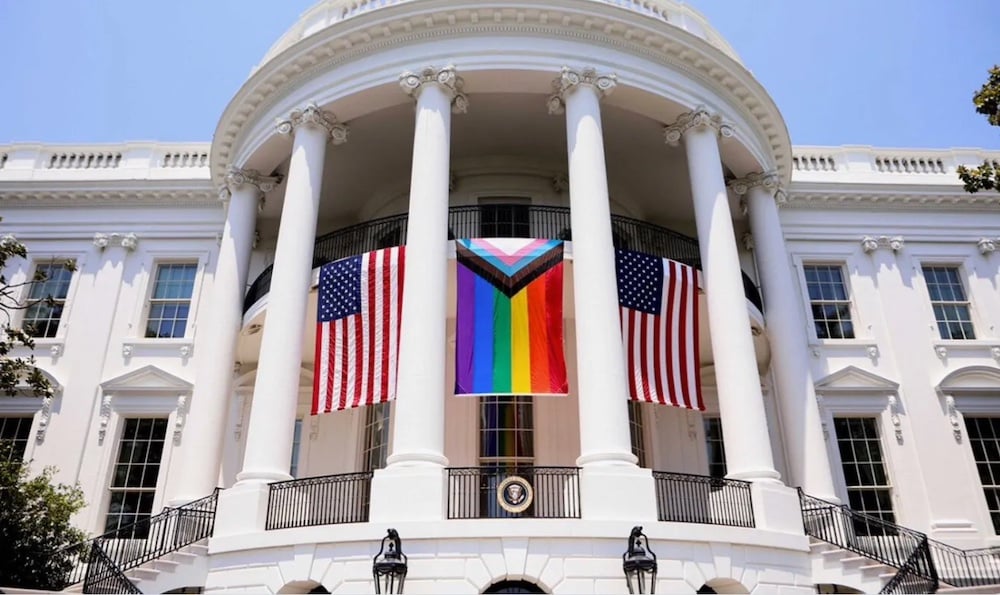Over the weekend I was able to attend the Touchstone conference held in Chicago. In the days since, I've been reflecting in particular on one argument made by Professor Michael Hanby in his discussion of liberalism, John Milbank, and progressive ideas about sex and gender.
Here is an excerpt, though you can view the full video of his talk here.
Login to read more
Sign in or create a free account to access Subscriber-only content.
Topics:
